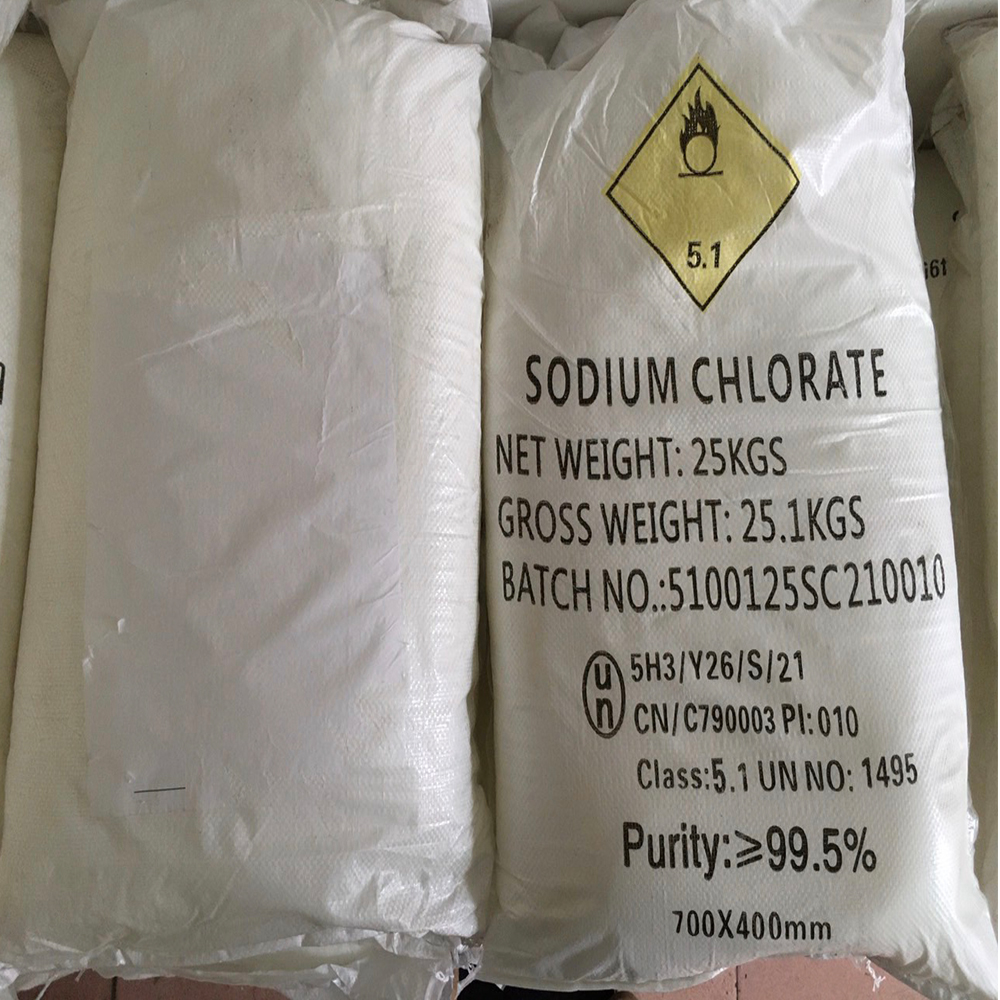



cationic polyacrylamide flocculant
Cationic polyacrylamide flocculant (CPAM) is a versatile polymer widely used in various industrial applications, particularly in wastewater treatment, pulp and paper processing, and oil recovery. Its unique properties make it an effective agent for promoting the aggregation of fine particles, enhancing sedimentation and filtration processes.
CPAM is synthesized through the polymerization of acrylamide monomers in the presence of cationic groups, which impart positive charges to the polymer chain. This cationic nature allows CPAM to interact efficiently with negatively charged particles, such as suspended solids and organic matter found in wastewater. By neutralizing the charges on these particles, CPAM facilitates the formation of larger flocs that can be easily removed from the water, resulting in clearer effluent.
One of the primary advantages of using cationic polyacrylamide flocculant is its effectiveness over a wide range of pH levels. This makes it suitable for treating various types of industrial wastewater, including those with high organic content, which are often challenging to process. Moreover, CPAM can significantly reduce the time and energy required for the sedimentation process, thus improving overall operational efficiency in treatment plants.
In the pulp and paper industry, CPAM is employed to enhance the retention of fine fibers and fillers during the papermaking process. By promoting the agglomeration of these materials, CPAM helps in reducing the loss of valuable raw materials and improving the quality of the final product. Additionally, the use of CPAM in this industry can lead to reduced water usage, as it aids in the recycling of process water.
cationic polyacrylamide flocculant

Furthermore, cationic polyacrylamide flocculants are increasingly being used in oil recovery operations
. They enhance the efficiency of enhanced oil recovery techniques by improving the mobility of oil in reservoir formations. This results in a higher yield of crude oil, making CPAM a valuable addition to the arsenal of methods used in the oil extraction industry.Despite its broad applicability, the use of cationic polyacrylamide flocculant is not without concerns. Environmental safety is a critical consideration, as residues from CPAM applications can pose risks to aquatic ecosystems. Therefore, ongoing research is focused on developing more sustainable and biodegradable alternatives to traditional CPAM formulations.
In conclusion, cationic polyacrylamide flocculant plays a significant role in a variety of industrial processes. Its ability to improve particle aggregation and enhance filtration efficiency makes it an indispensable tool in wastewater treatment, papermaking, and oil recovery. However, careful consideration of environmental impacts is essential to ensure a balance between industrial efficiency and ecological safety.
-
Why Sodium Persulfate Is Everywhere NowNewsJul.07,2025
-
Why Polyacrylamide Is in High DemandNewsJul.07,2025
-
Understanding Paint Chemicals and Their ApplicationsNewsJul.07,2025
-
Smart Use Of Mining ChemicalsNewsJul.07,2025
-
Practical Uses of Potassium MonopersulfateNewsJul.07,2025
-
Agrochemicals In Real FarmingNewsJul.07,2025
-
Sodium Chlorite Hot UsesNewsJul.01,2025










